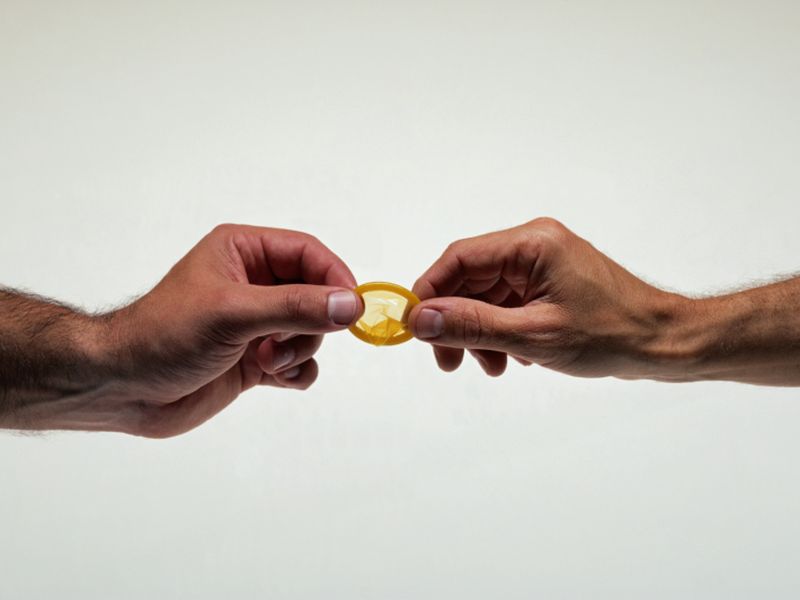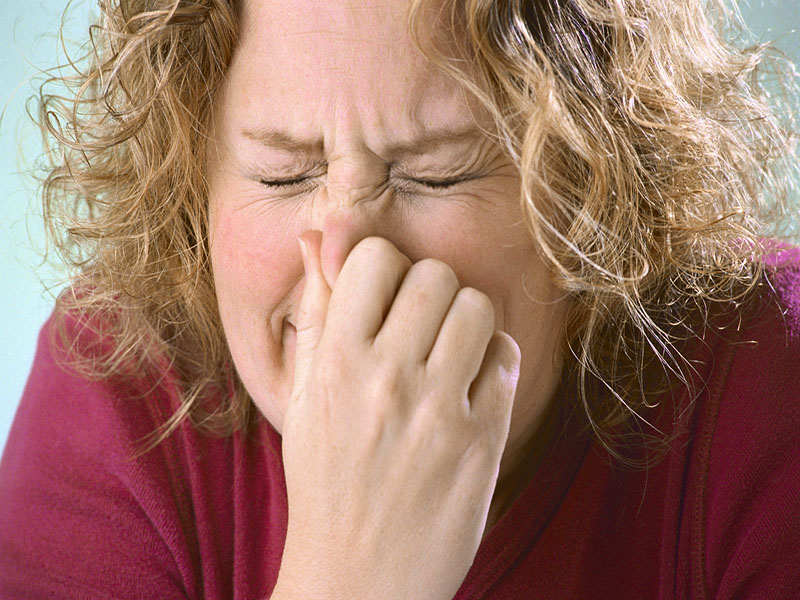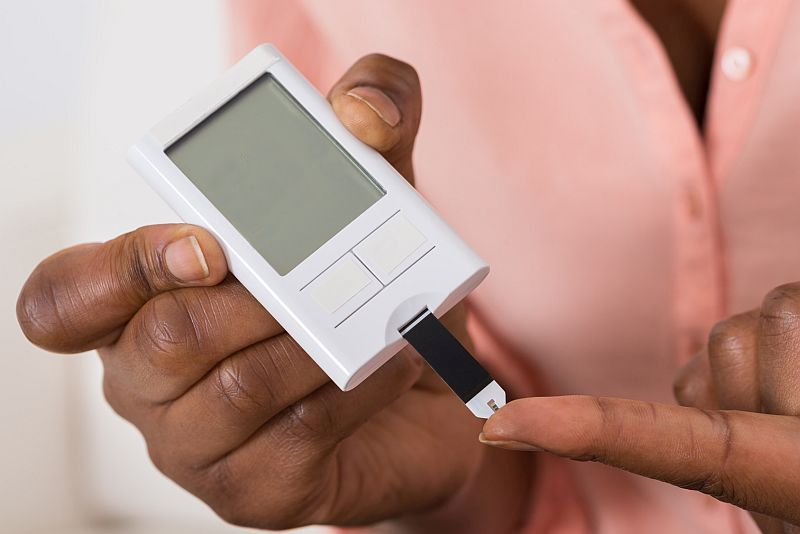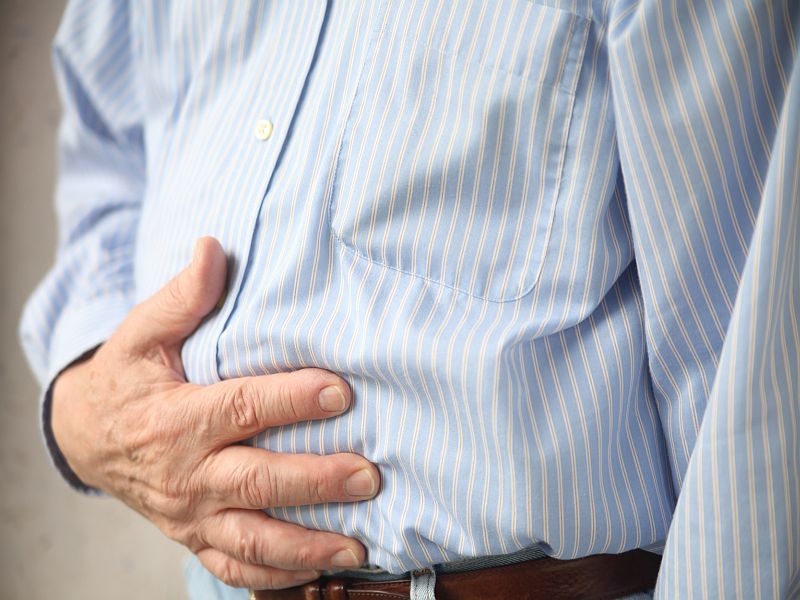
Doctors should screen women for depression during and after pregnancy, the American Academy of Pediatrics (AAP) says in an updated policy statement. Undiagnosed and untreated depression among pregnant women and new mothers can put a baby’s health at risk, and is one of the most common and costly pregnancy-related complications in the United States, according… read on >






























